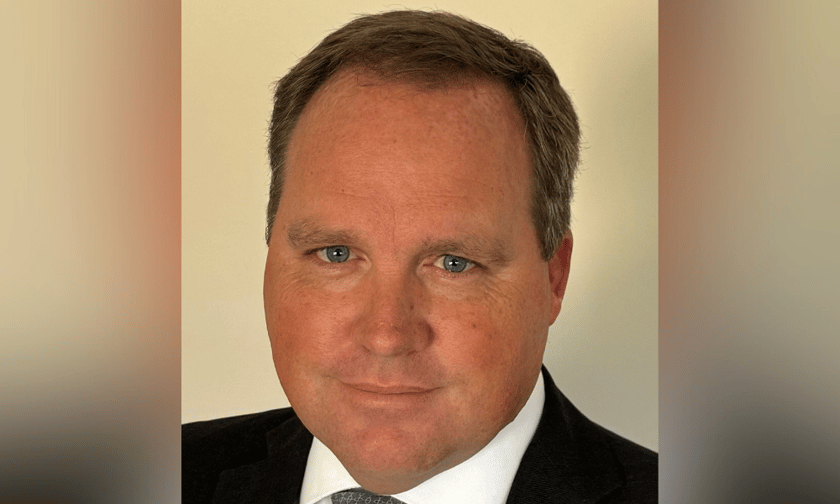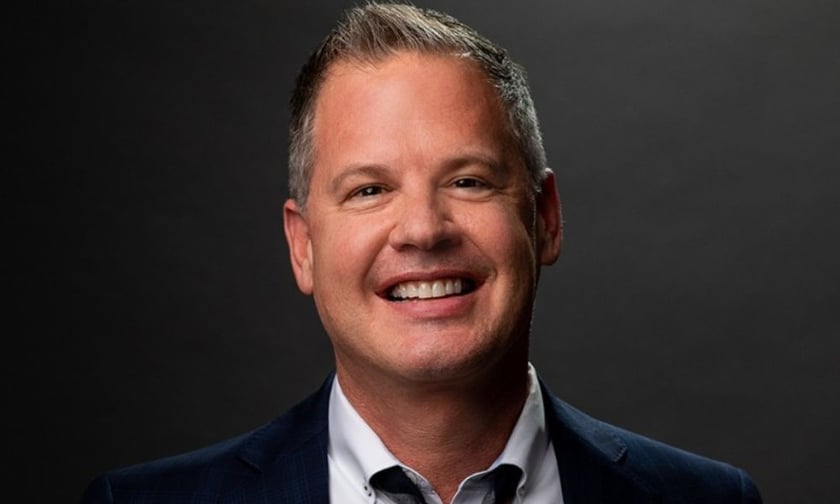
There is a changing premium being placed on consistency

The role of discipline in creating a sustainable reinsurance market has been the overriding theme of reinsurers’ H1 2024 investor presentations and results debriefings. As hurricane season heats up – and the market braces for an “unusually active” season – this emphasis on consistency is unlikely to reduce, not least because of the pressing need for the reinsurance industry to build a strong track record as a “good custodian of capital”.
debriefings. As hurricane season heats up – and the market braces for an “unusually active” season – this emphasis on consistency is unlikely to reduce, not least because of the pressing need for the reinsurance industry to build a strong track record as a “good custodian of capital”.
The pressure is on reinsurers to build up their credibility – however, in a recent market update with Re-Insurance Business, QBE Re MD Chris Killourhy (pictured right), also highlighted the need for insurers to showcase the value they place on consistency. With that in mind, over the last 18 months, QBE Re has been on a journey of reducing its client count quite significantly. “There’s nothing wrong with this approach but some clients do want to focus on trying to change what they buy each year to get as low a price as possible. That’s a totally valid business model, it’s just not where we want to play.”
The changing premium placed on consistency
What has become clear since the team set out its strategy is that there are a lot of clients who recognize the benefits of consistency and would rather pay a sustainable price and know the cost of what they buy year-on-year. Having a better understanding of the cost of what you’re buying allows for the creation of a more sustainable marketplace in the long run and removes the dread that comes with pricing uncertainty.
Following a boom-and-bust cycle makes for significant uncertainty and there are very few industries that can run sustainably while navigating sharp pricing shocks. “We’re finding there is a really healthy dynamic appearing in the market, generally speaking, [across] insurers, reinsurers and third-party capital,” he said. “We’re less competitors now, rather we’re all looking to play a role in the linking of risks to capital. We’re just playing slightly different roles. I think the days of trying to work out how we can keep as much of the value to ourselves are probably moving on, and we’re all just looking to be more sustainable.”
RVS in Monte Carlo – what’s leading conversations?
Inevitably, what dominates discussions in the reinsurance industry is subject to what’s shaping the broader risk environment and, looking ahead to RVS in Monte Carlo, Killourhy said he expects to see a lot of discussion around property-cat. No matter how much market players try to expand the agenda, property-cat tends to dominate for one of two reasons – either there has been a big loss, or there hasn’t been, and people want to discuss what that means for pricing.
“I think the reinsurers will be looking to just confirm that this discipline and pricing piece is going to stay,” he said. “I think the days where we think that the cost of what we’re selling is claims is moving away. If we have a clean or relatively benign cat year, and we make a profit, we’ve got to look at what our investors are looking for.
“The real cost for them is the capital that’s tied up with a reinsurer and they need to make sure they’re getting a return on their capital, as compared to doing something else within. So, I think we’ll all be looking to see if that discipline is going to remain, and whether our buyers are still on the same page with regards to wanting a sustainable industry in the long-term and to see less fluctuations in prices.”
Man-made catastrophe exposures – a changing emphasis
Killourhy also expects to hear more discussion around man-made cat than there has been in the past on both the buying and the selling side of the market, particularly given the geopolitical uncertainty being seen around the world. “I think the selling side are trying to get comfortable as to what coverage we’re giving. And on the buying side, it’s about understanding what protection is out there for the non-cat side of property.”
On casualty, he anticipates that RVS will yield conversations about the prior-year development that a number of companies reported in their half-year results – and the extent to which the market should or shouldn’t be reading into what this prior-year development tells it about more recent years. “I think insurers and reinsurers are having to give credit to the re-underwriting of portfolios.
“With a lot of the adverse prior year development we’re seeing, there’s a strong argument that underwriting on the primary side has changed significantly since then, both from a rate point of view and with regard to terms and conditions. I think there’ll be discussions around where we’re seeing the evidence of that, and what are the proof points that we have seen a watershed between the underwriting that’s driven the prior year development and where are now.”
Keep up with the latest news and events
Join our mailing list, it’s free!
















 Killourghy (pictured) joined Re-Insurance Business to deliver a timely update. For the most part, he’s seeing a strong continuation of
Killourghy (pictured) joined Re-Insurance Business to deliver a timely update. For the most part, he’s seeing a strong continuation of 


